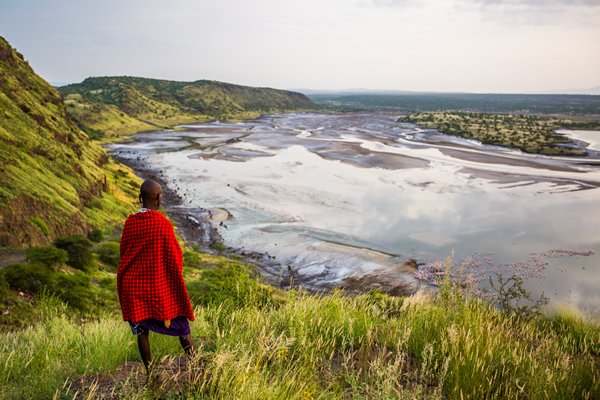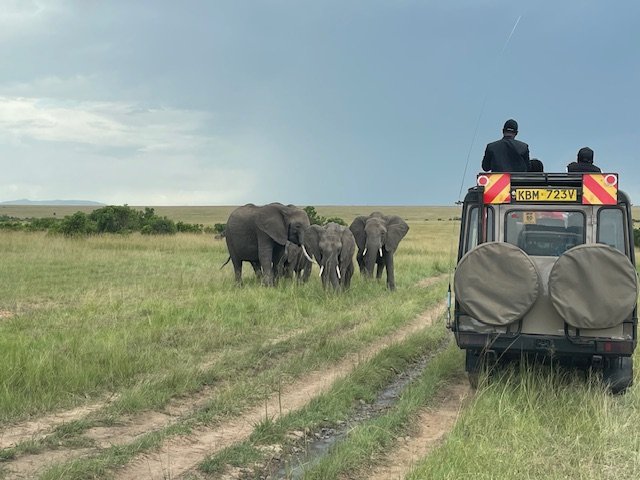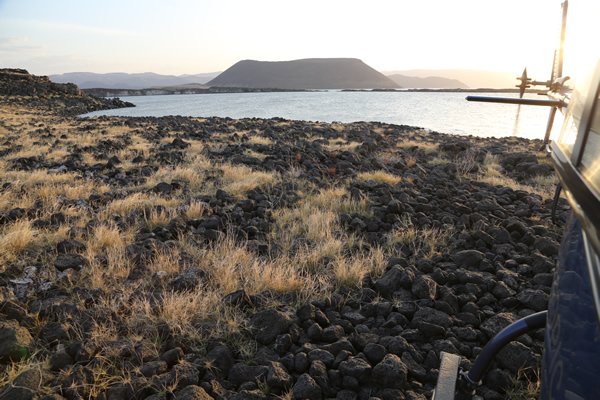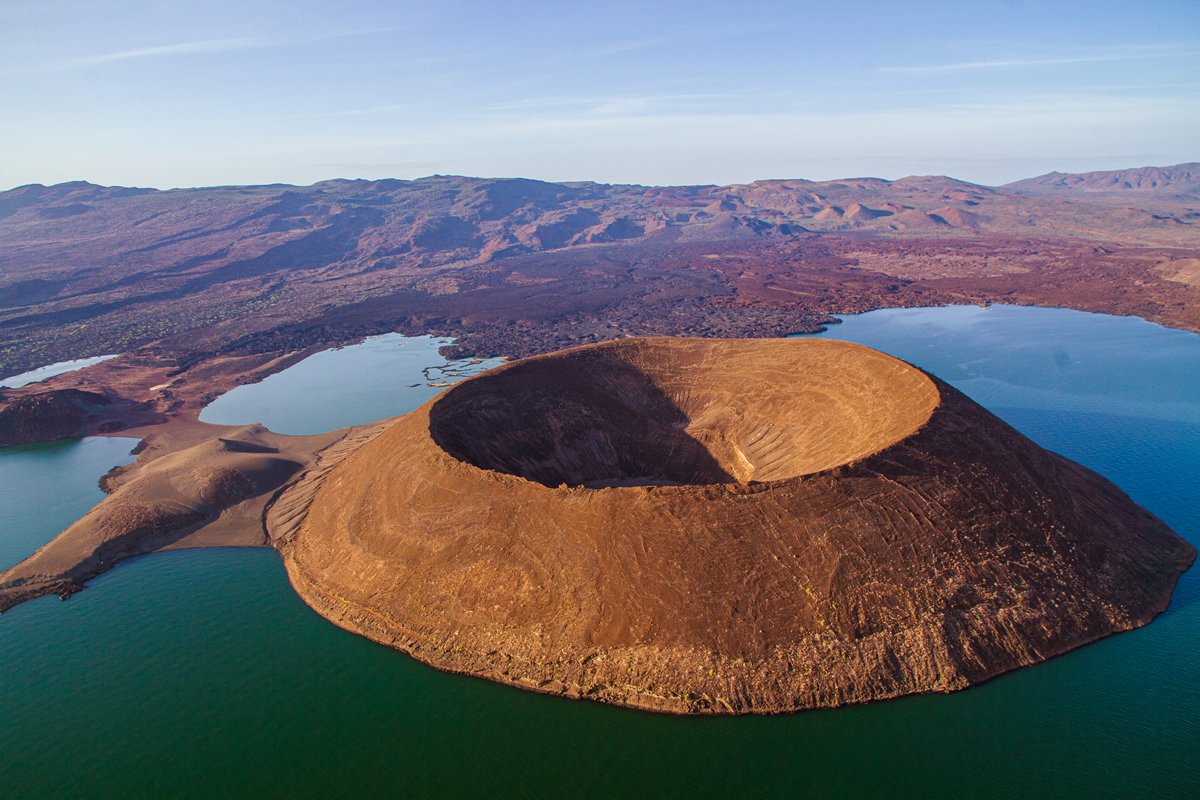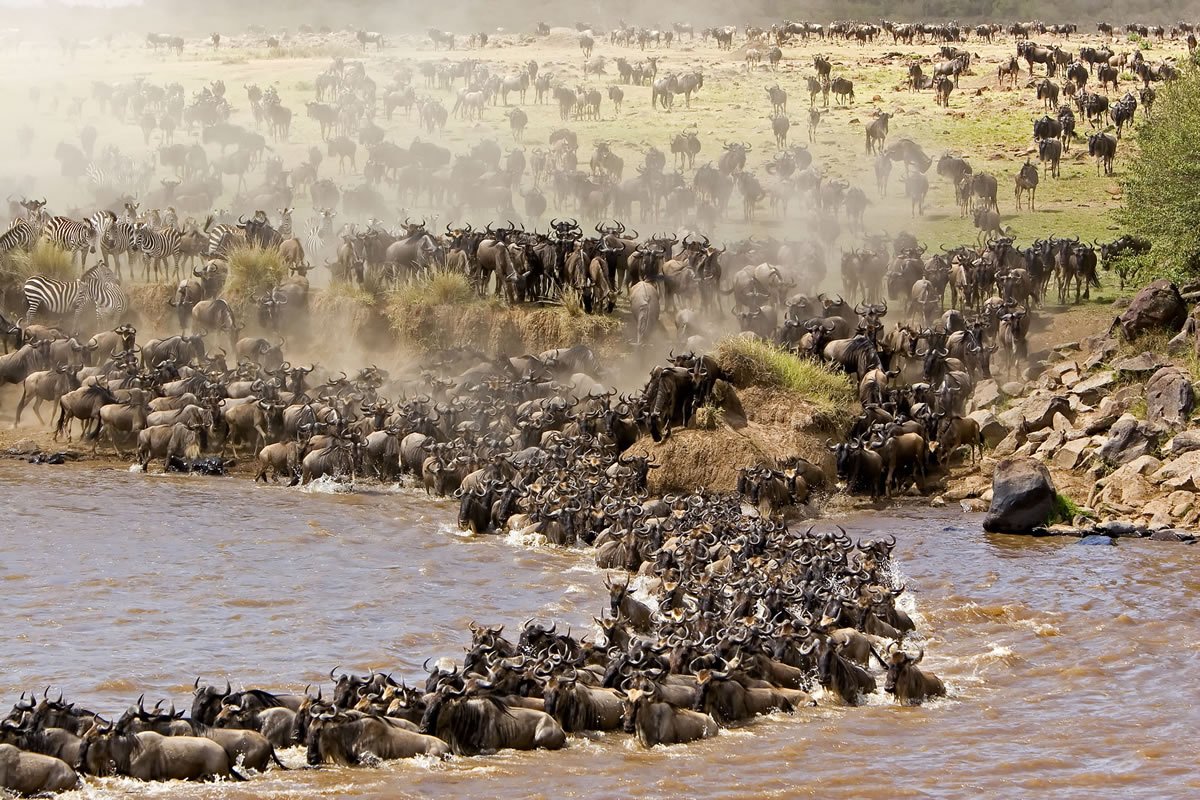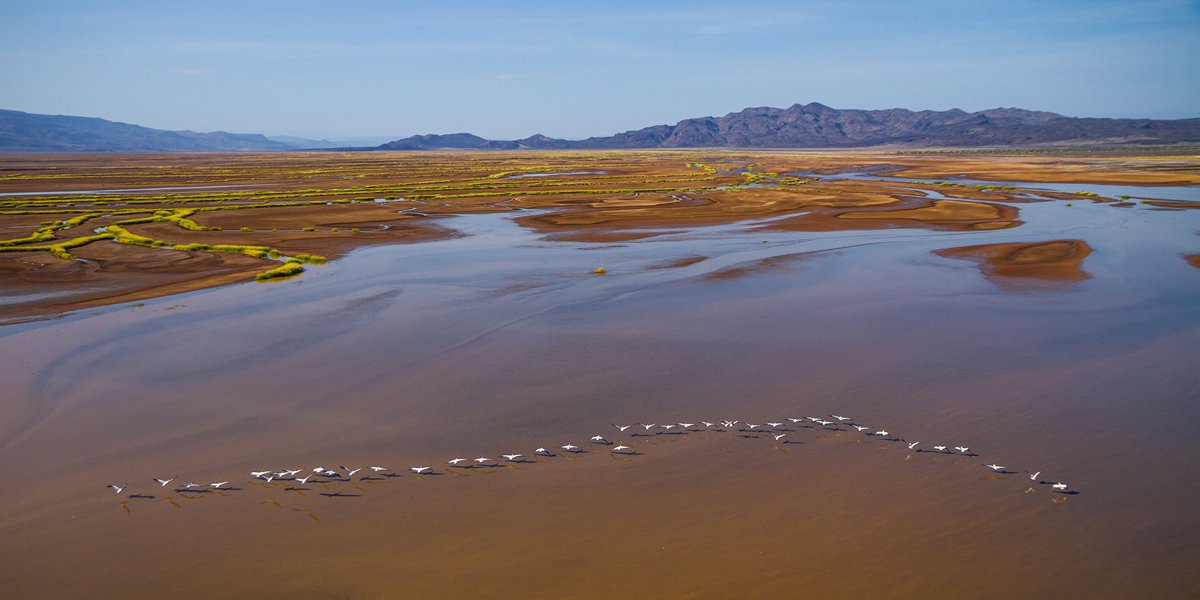
All you need to know before you travel!
Useful Information…
When was the last time you explored a new destination? When is your next escape? Allow your wandering heart to thrive in an immersion of new experiences, new sights, new smells, new flavors, and new feelings. The world is full of wonderful things you haven’t seen yet. Don’t ever give up on the chance of seeing them.
-
Kenya is located on the East Coast of Africa, astride the Equator and is truly a land of contrasts comprising of arid desert, rich Savannah land, mountains, large lakes, dense forests and the coastal area with tranquil beaches, turquoise seas and a wealth of history established by the early Arab and Portuguese traders.
-
Because of Kenya’s location on the equator, there are no extremes of winter and summer. The elevation of Nairobi is 5,500 feet with most of your safaris conducted at elevations of 4,500 feet or more above sea level. The nights are cool, (15 - 20 C) and days ranging 25-30 C. The rainy season is from April to the end of May with the short rains in November. The coolest months are July and August and the warmest months are the end of December to mid-March.
-
There are over 42 tribes in Kenya, the most distinctive being the Masai and Samburu. These tribes are still found in the rural areas living a relatively nomadic life, tending their herds of cattle and dressed in traditional style. It is interesting to note that these people have been integrated into a developing industrial nation without having to relinquish tribal customs and values.
-
Fossils found here suggest that protohumans roamed the area more than twenty million years ago. Other evidence has placed Kenya as the Centre of 3 major migrations, the Cushites from the north some 9,000 years ago, the Bantu from the west around the 11th century and the Nilotes from the Nile area at the end of the 16th century. Arab and Persian settlements were founded by the 18th century. The Portuguese arrived in 1498 and Islamic control under the Imam of Oman came in the 1600’s. The British arrived in the 19th century, and built a railroad from Mombasa to Lake Victoria and the town of Nairobi was built at the railhead.
At independence in 1963, Jomo Kenyatta became Kenya’s first African President. He was revered by the people and given the honorific title “Mzee”, which roughly translates as “the wise old man”. Kenyatta was particularly praised for his ability to allay the fears of the western world by building a peaceable country and encouraging foreign investment.
-
The plains and mountains of Kenya support a greater diversity of wildlife than anywhere else on the African continent. The “Big Five” – elephant, rhino, buffalo, leopard and lion are found as well as cheetah, 90 species of ungulates (grazing animals), over 650 species of birds, assorted baboons, monkeys, wild dog, crocodile, ostrich, mongoose and hippo. Over 7,000 species of plants have been recorded in Kenya.
The 40 Parks and Reserves in Kenya are spread out in various ecological zones: the semi-desert of Samburu and Amboseli; the montane regions of the Aberdares, Mt Kenya and the Mau; the plains of Masai Mara; the lakes of the Great Rift Valley and the shores of the Indian Ocean.
-
Parts of Kenya are considered Malaria areas and as such it is imperative that you take prophylactics for it. It is best to consult your General Practitioner. The most suitable choice of medication depends on many individual factors, and travelers need careful, professional advice about the advantages and disadvantages of each option. Prevention of malaria consists of using effective protection against bites as well as taking anti-malarial medication. The best choice of vaccines for your trip depends on many individual factors, including your precise travel plans. Vaccines commonly recommended for travelers to Africa include those against:
Tetanus
Hepatitis B
Yellow fever*
Diptheria
Rabies
Typhoid
Meningitis
Hepatitis A
Polio
Covid -19
* Certificate required for entry into, or travel between, some African countries.
Several of these vaccines require more than one dose, or take time to become effective. Vaccine shortages also occur from time to time – particularly with yellow fever. So it is always best to seek advice on immunization well in advance, if possible around 6 weeks before departure. -
Kenya has a single time zone- which is GMT+3.


